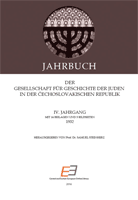

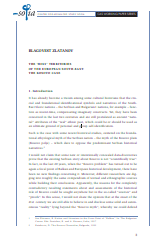
Recent accession to the European Union means a speedy and dramatic shift in economic culture and practices toward a common market economy and behavior. How will Romania, with about half of its population leaving in villages and about one third of its active population involved in agriculture f t into this emerging post-peasant society? What will be the main tensions and the short term adjustments of this emerging social context? Without aiming to advocate for one scenario or another, the present essay intends to explore the role households and household centered economy actually play and will play in this context.
More...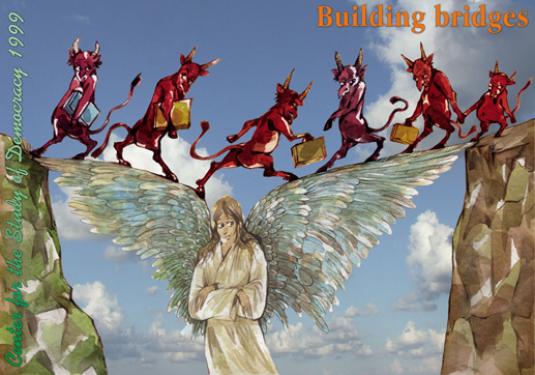
A critical year for Bulgaria’s EU membership, 2006 was also a period of intense public and political debate on the issues at the core of the agenda of the Center for the Study of Democracy (CSD) – justice and home affairs (JHA) reform.
More...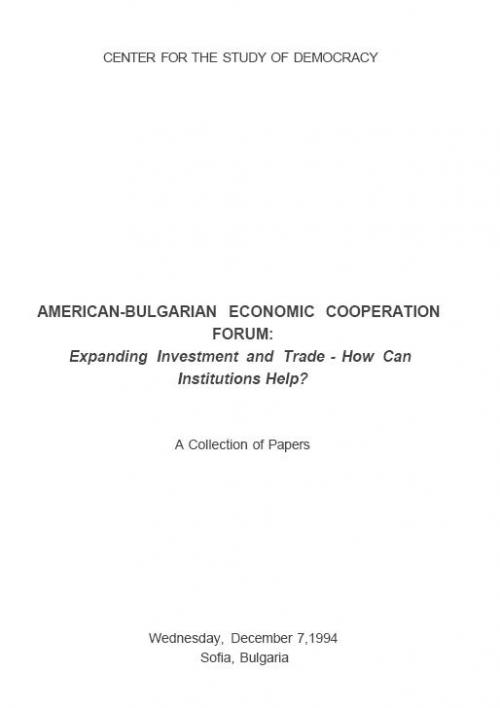
The collection of papers presents recommendations to be considered by governmental and non-governmental organizations to improve their coordination and effectiveness in trade and investment promotion activities. The papers were presented at a forum, that brought together approximately 30 representatives of American and Bulgarian institutions involved in promoting bilateral trade and investment. It was organized at the initiative of the Bulgarian Ambassador to the United States — Mrs Snezhana Botousharova - with support from the Open Society Fund. The objective was two-fold: - to identify those factors that currently constrain American investment in Bulgaria and hinder trade expansion; and, - to define a framework of actions to be undertaken by the Bulgarian and American institutions to promote expanded bilateral economic cooperation.
More...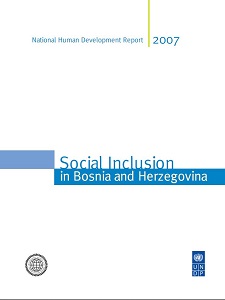
Instead of an Abstract/Summary here, please refer to the Introduction PDF-file which includes an Executive Summary
More...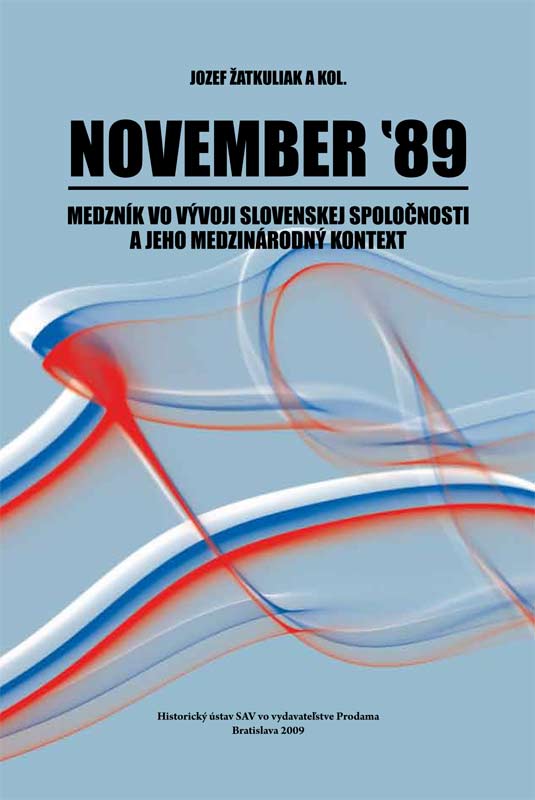
Sviečková manifestácia veriacich v Bratislave sa stala jedným z najvýraznejších a najväčších prejavov odporu proti komunistickému režimu v Československej socialistickej republike (ČSSR) do 17. novembra 1989. Patrila medzi udalosti, ktorými sa Bratislava zaradila k spoločenskému pohybu v Prahe, Varšave a Budapešti s cieľom dosiahnuť slobodu a demokraciu. Pre Slovensko nastal čas svitania k demokracii a slobode. Podnetom k manifestácii sa stala kritická situácia v katolíckej cirkvi kriminalizovaním humánnych prístupov kňazov a laikov, neobsadené biskupské stolce, ako aj často tvrdá štátna kontrola nad cirkvami a najmä znevažovanie náboženského cítenia a porušovanie náboženských a ľudských práv a slobôd. Tieto obhajoval a presadzoval helsinský proces Konferencie o bezpečnosti a spolupráci v Európe, ktorej signatárom bola aj ČSSR od roku 1975, no jej komunistický režim ich permanentne porušoval, hoci v roku 1976 ratifikoval pakty Organizácie spojených národov (OSN) o občianskych a politických prá- vach, ako aj o hospodárskych, sociálnych a kultúrnych právach.
More...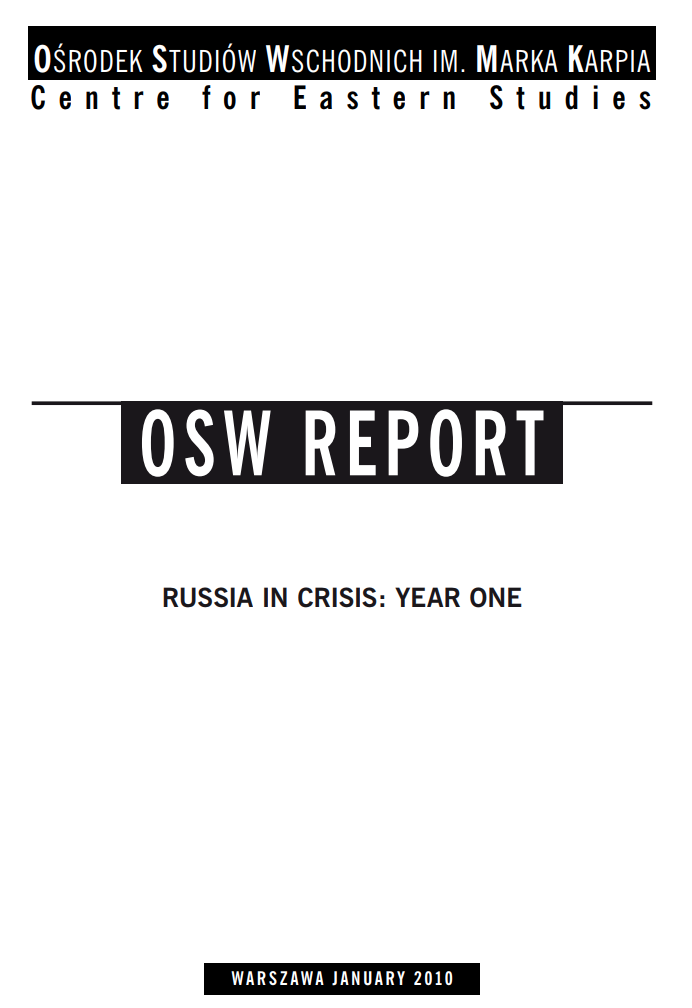
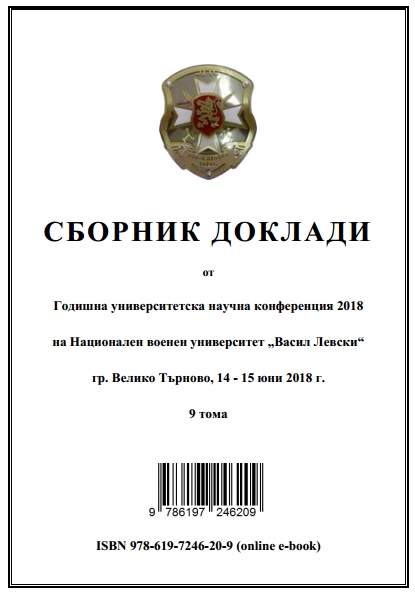
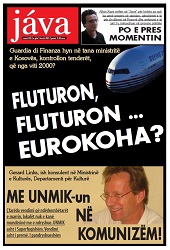
Keywords: Kosovo 2003;UNMIK;
More...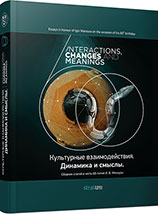
Keywords: N. E. Makarenko; A. M. Tallgren; history of archaeology; correspondence; international scientific relations
This paper is devoted to the publication and analysis of the letters written by N. E. Makarenko to A. M. Talgren in the period from March 1917 till September 1935. The letters are kept in the Manuscript Department of the Finland National Library. The correspondence is divided in three periods: Petrograd period (March—April 1917), Kiev period (October 1925 — March 1934) and Kazan period (September 1935). The subject of the correspondence were publications in the journal “Eurasia Septentrionalis Antiqua”, excavations of the Mariupol burial mound, Makarenko’s efforts to organize the archeological research in Kiev etc. The dramatic events in Makarenko’s private life, such as exile, detention and execution on 4 January 1938 were also reflected in this correspondence. The letters are supplied with comments and notes.
More...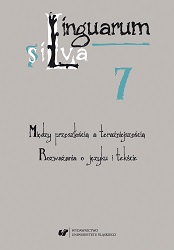
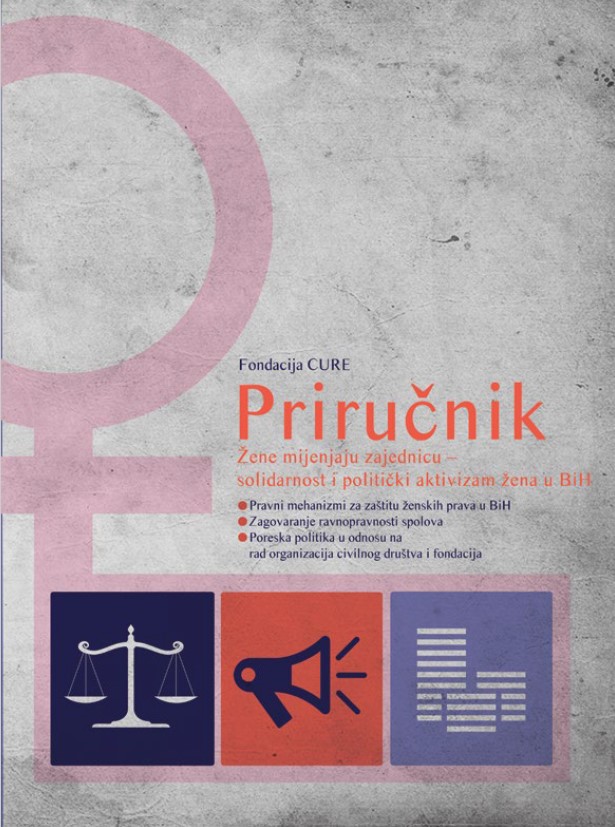
Keywords: Women's Rights; Gender equality; Violence in family; Protection of Human Rights; Legal instruments;
Ovaj Priručnik treba poslužiti svim ženama, naročito aktivistkinjama koje mnogo rade „na terenu“ pružajući podršku ženama. Svi pravni mehanizmi koje smo ovdje istakle su uspostavljeni kako bi nam omogućili suočavanje s konstantnim izazovima i pomogli nam da zaštitimo svoja prava. Ipak, trebamo znati da u svakom momentu ti mehanizmi proizlaze iz životnih situacija i prvenstveno su tu kako bi nam „olakšali život“. Iskreno se nadamo da će Priručnik biti vaš mali pokretač i smjernica za dalje aktivističke poduhvate. Molimo vas da nas obavještavate o vašim malim i velikim aktivističkim borbama, pobjedama i akcijama. Sve naše zajedničke solidarne borbe imaju samo jedan cilj koji je vezan za izgradnju slobodnog i ravnopravnog bh. društva.
More...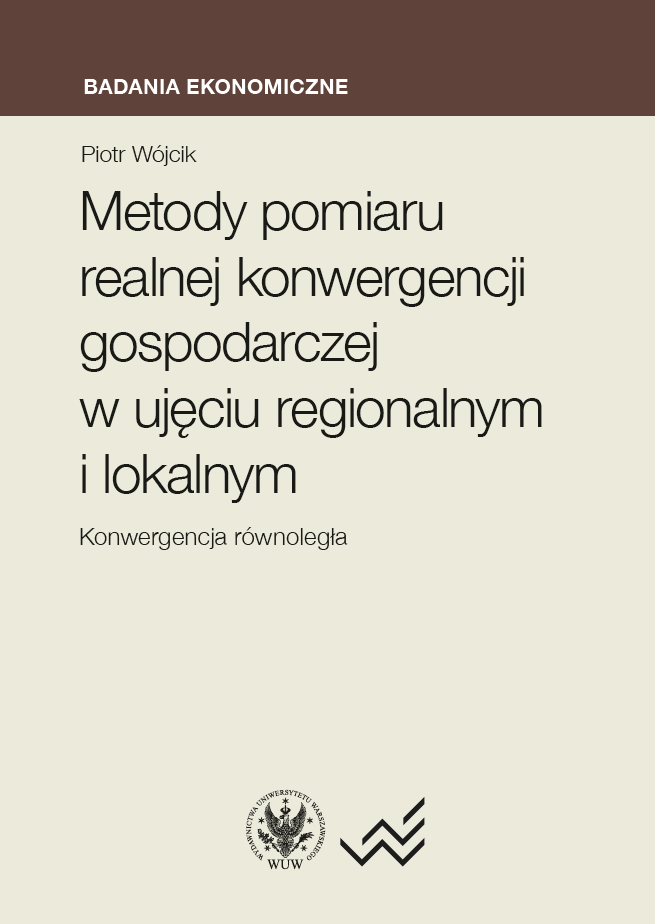
Keywords: regional convergence; parallel convergence; methods; distribution analysis
The author presents an innovative understanding of parallel economic convergence and proposes alternative methods of its measurement. The authors discusses examples of empirical studies that make use of the concept of parallel convergence in different contexts.
More...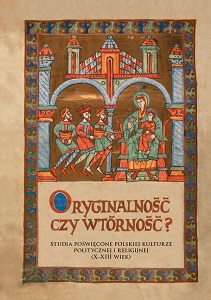
Keywords: medieval history; church history; Christianity in the Middle Ages; religious culture; Poland during the Piast dynasty
The article is an attempt to contextualize an institution of Piast rule, in the oldest Polish customary law called “lordly peace” or “the lord’s hand,” and in charters referred to as “the duke’s protection.” It is proposed that the description of Duke Mieszko III’s first Cracow reign included into Chronica Polonorum by Master Vincentius at the turn of 13th century should be considered an important evidence of the ducal peace in Poland. It clearly alludes to the concept of peace as a tool for preventing violence towards those enjoying ruler’s protection. Having analyzed the chronicled examples of punishing the offenders of Jews and other foreigners along with the information about punishing in exactly the same way those committing sacrilege, the author points to analogies between the Piast peace and Western institutions of king’s peace, mundeburdium regis or cyninges handgrið for instance. The inquiry clearly proves conceptual closeness between ducal peace and those phenomena manifesting in connection with the public sphere or monarch’s domain, and most evidently in the involvement of ruler’s offi cials as well as bishops in maintaining peaces/protections. The observed analogies allow one to conclude that ducal peace in Poland, at least at some stage, was influenced by Western patterns of royal power and justice. This in turn led the author to question the notion favoured in modern historiography, that ducal peace (or mir) as a whole was a relic of the so-called tribal organization.
More...
Keywords: biological life; cell; organism; ecosystem; sex; symbiosis; altruism; antropogenesis; evolution
A concise introduction to the latest knowledge of the world of living beings, highlighting the links between biology and physics, chemistry, geology and broadly defined humanities. The author, responding to the fundamental questions of today’s science, describes the phenomenon of life at all subsequent organizational levels: from the earliest forms of biological life, through the structure and functioning of cells, development, anatomy and the functioning of multicellular organisms, to unique relationships between organisms, like symbiosis and altruism, and the position of man in nature. The richly illustrated book, written in a clear language, free of scientific jargon.
More...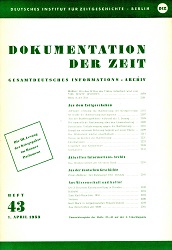
Köhler: Anyone who disregards the will of the people will be pushed aside by the people // A look back in time // Adenauer forces the ratification of the war treaties // This is how the ratification was enforced // From the Bundestag debate during the 3rd reading // The roll-call vote on the General Treaty // Patriotic popular movement against ratification // The struggle for national liberation begins on a new level // The resistance grows inexorably // Terror under the sign of ratification // The resurrection of the Dresdner Bank // Franz Dahlem: Der Ruhrkampf 1923 (end) // The 3rd German Art Exhibition in Dresden // On the Karl Marx Year 1953 // Karl Marx in contemporary documentation // From GDR magazines
More...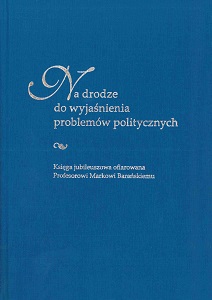

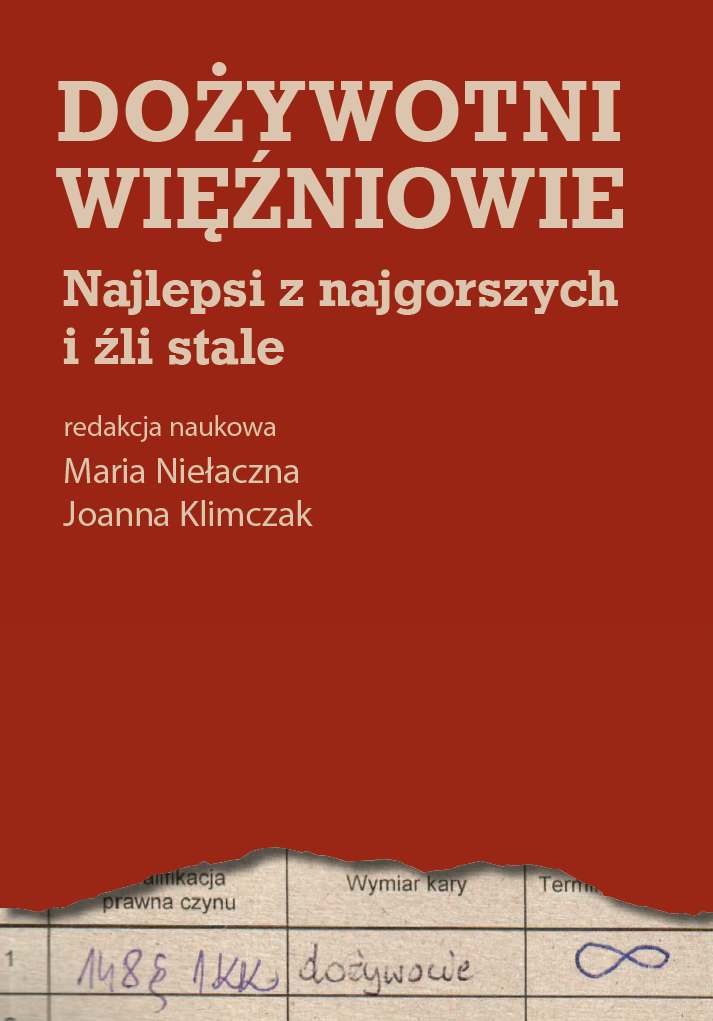
Keywords: life imprisonment; prison; treatment of prisoners; adaptation problems; rehabilitation
Who is an average life-term prisoner and how does he act in prison? The research results prove that, with time, most respondents not only adapted to prison conditions, but also raised their social and perhaps even moral status.
More...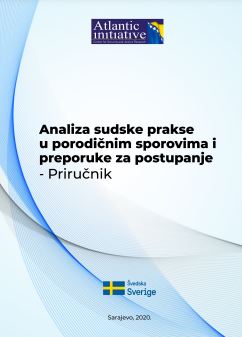
Keywords: BiH; family disputes; court practices; proceedings recommendations; manual;
U okviru Projekta “Rod i pravosuđe u Bosni i Hercegovini”, Atlantska inicijativa je formirala stručni Panel sudija/sutkinja (Svi izrazi upotrijebljeni u muškom gramatičkom rodu u ovom Priručniku odnose se bez diskriminacije i na žene) u cilju izrade preporuka i analize sudske prakse u oblasti porodičnopravnih sporova. Predmet teorijskih razmatranja i analize prakse, doduše, nisu svi sporovi iz oblasti porodičnog prava, već samo oni vezani za razvod braka, a od sporova nastalih u oblasti roditeljskog prava oni koji nastaju u vezi s ostvarivanjem roditeljskog staranja/vršenja roditeljskog prava u slučaju odvojenog života roditelja i održavanjem ličnih odnosa i neposrednih kontakata djeteta i roditelja, bilo da se o njima odlučuje u adhezionom postupku uz bračne sporove, bilo u samostalnom postupku. Ovu drugu grupu sporova kraće ćemo označavati kao sporove o staranju o djetetu nakon razvoda braka, a postupke u tim sporovima kao postupke odlučivanja o staranju o djetetu nakon razvoda braka. Priručnik je prvi materijal ove vrste i namijenjen je prije svega sudijama, ali i cijelom pravosuđu, studentima prava, akademskoj zajednici te domaćim i međunarodnim organizacijama zainteresovanim da rade na boljem razumijevanju ove problematike i unapređenju sudske prakse u oblasti porodičnog prava. Priručnik je podijeljen u šest poglavlja. U prvom poglavlju predmet razmatranja su rodne predrasude u postupcima razvoda braka i o ostvarivanju roditeljskog staranja; Drugo poglavlje sadrži pregled relevantnih međunarodnih izvora koji se odnose na roditeljsku odgovornost i najbolji interes djeteta; U trećem poglavlju prezentirani su, s teorijskog aspekta te u kontekstu opših komentara Komiteta za prava djeteta i domaćeg prava, principi Konvencije o pravima djeteta – najbolji interes djeteta te pravo na saslušanje djeteta i uvažavanje njegovog mišljenja; U okviru četvrtog poglavlja analizirano je zakonsko uređenje roditeljskog staranja, odnosno roditeljskog prava u Bosni i Hercegovini, domaća sudska praksa u ovoj oblasti i predmeti s međunarodnim elementom; U petom poglavlju dat je prikaz referentne prakse Evropskog suda za ljudska prava i Suda Evropske unije; Šesto poglavlje sadrži ključne preporuke Panela proistekle iz razmotrene sudske prakse u Bosni i Hercegovini Atlantska inicijativa se zahvaljuje učesnicama i učesnicima Panela, koji su svojim znanjem i posvećenošću radnom procesu doprinijeli da pravosuđe u Bosni i Hercegovini postane bogatije za još jedan značajan resursni materijal. Sastanke Panela i izradu ovog priručnika podržala je Švedska ambasada u Bosni i Hercegovini kroz projekat Rod i pravosuđe.
More...